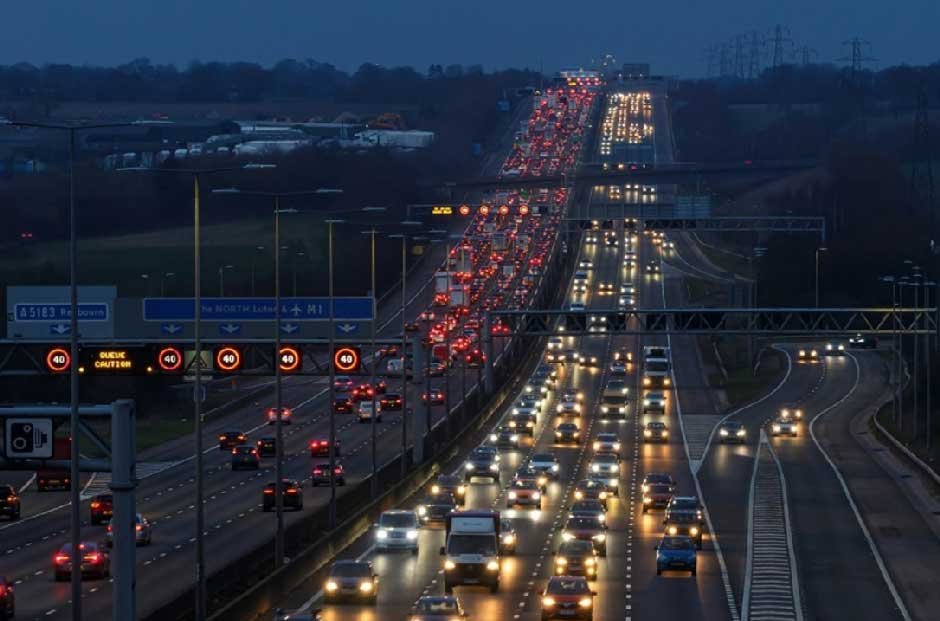Drink driving remains a significant issue in the UK, with serious consequences for individuals, families, and society as a whole. Despite ongoing awareness campaigns and stricter penalties, the temptation to drive under the influence persists, leading to tragic outcomes.
The Legal Framework
In the UK, the legal limit for alcohol in the bloodstream is 80 milligrams of alcohol per 100 milliliters of blood. However, it’s essential to understand that even small amounts of alcohol can impair judgment and reaction times. The penalties for being caught drink driving are severe, including hefty fines, driving bans, and even imprisonment, especially for repeat offenders or in cases of serious injury or death. If you are charged with a legal offence relating to this you should seek the help of a drink driving solicitor, like London Drink Driving Solicitors.
The Impact on Society
The effects of drink driving extend beyond the individual. Each year, thousands of accidents are linked to alcohol consumption, leading to injuries and fatalities. The emotional toll on victims’ families is immeasurable, while the economic impact includes healthcare costs, legal expenses, and loss of productivity.
Changing Attitudes
Over the years, public attitudes towards drink driving have shifted significantly. Awareness campaigns, such as the “Don’t Drink and Drive” message, have helped change perceptions, particularly among younger drivers. Yet, there are still pockets of resistance where cultural attitudes may downplay the risks associated with drinking and driving.
The Role of Technology
Advancements in technology are providing new tools to combat drink driving. Breathalyzer apps and personal breathalyzers allow individuals to monitor their alcohol consumption more effectively. Furthermore, many vehicles now come equipped with ignition interlock devices, which prevent the car from starting if alcohol is detected.
Encouraging Responsible Choices
Promoting responsible drinking is key to reducing drink driving incidents. Designated drivers, public transport options, and ride-sharing services provide alternatives for those who choose to drink. Community initiatives, such as “Sober for October,” encourage people to abstain from alcohol, raising awareness about the dangers of excessive drinking.
Conclusion
While significant progress has been made in tackling drink driving in the UK, continued efforts are crucial. Education, stricter enforcement, and cultural change must go hand in hand to ensure safer roads for everyone. It’s a collective responsibility: let’s work together to change attitudes and save lives. Remember, if you’re planning to drink, always have a plan for a safe way home.

